Alcohol
Health
Sleep
Alcohol-Free January
Say Goodbye to Sleep Troubles: Discover the Shocking Truth about Alcohol and How to Improve Your Sleep in Sobriety

by John Risby
Published: January 13, 2023 Last updated: December 14, 2023

Many people believe that alcohol aids in falling asleep, but it can actually have detrimental effects on the quality of sleep we get. This is a common misconception, as alcohol is a sedative that can cause drowsiness and make it easier to fall asleep.
However, drinking alcohol can disrupt the normal patterns of REM sleep, which is the stage of sleep when dreaming occurs. This can lead to poor quality of sleep and daytime fatigue. Alcohol use can also increase the likelihood of sleep disorders such as insomnia and sleep apnea.
Insomnia is a sleep disorder characterised by difficulty falling asleep or staying asleep. Sleep apnea is a disorder in which breathing is briefly and repeatedly interrupted during sleep. Both of these disorders can cause daytime fatigue, irritability, and cognitive impairment and can have serious life-shortening implications.
The impact of alcohol on sleep quality can be particularly pronounced in heavy drinkers and those with alcohol use disorder. Individuals in these groups are more likely to experience difficulty falling asleep, frequent awakenings, and nightmares.
How to Improve Sleep in Sobriety
If you’re in the process of trying to reduce or quit drinking, improving your sleep can be an important step in your journey. Here are some tips to help you improve your sleep in sobriety:
Establish a regular sleep routine: This means going to bed and waking up at the same time every day, even on weekends. This helps regulate your body’s internal clock and makes it easier to fall asleep at night.
Adopt healthy sleep habits: This includes avoiding caffeine, nicotine, and large meals close to bedtime, as well as creating a comfortable sleep environment by keeping your room cool, dark, and quiet.
Seek professional help: If you’re struggling with insomnia or sleep apnea, it’s important to see a healthcare professional. They can help you find the right treatment and provide you with strategies to improve your sleep.
Use natural remedies and supplements: Some people find that natural remedies such as melatonin, chamomile tea, or valerian root can help them sleep better. However, it’s important to talk to a healthcare professional before taking any supplements.
Takeaways
The link between alcohol and sleep problems is a complex one. While alcohol can make it easier to fall asleep, it can also disrupt the quality of sleep. In sobriety, it’s important to address sleep issues in order to improve overall well-being.
By establishing a regular sleep routine, adopting healthy sleep habits, seeking professional help, and using natural remedies and supplements, you can improve your sleep and feel more rested in the morning.
How much did you learn from this article?
Welcome to our eye-opening quiz! Let's delve deeper into the shocking truth about alcohol and how it impacts sleep. No need for a nightcap before this quiz, let's see how much you've absorbed from the article!

About The Author
John Risby
Co-Founder of The Alcohol-Free Shop and AlcoholFree.com. John is a recovering alcoholic who stopped drinking in June 2004. Born and raised in Manchester, he now lives in Malaga with his wife and young daughter. He came to terms with being an alcoholic many years ago, but still finds the concept his daughter is Spanish very strange.
Is unwinding with a drink rotting your brain?
August 02, 2023
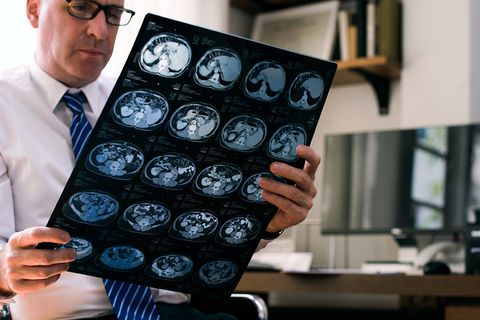
The Ugly Truth: Happy Hours, Unhappy Skin—The Ageing Effects of Alcohol
April 11, 2023
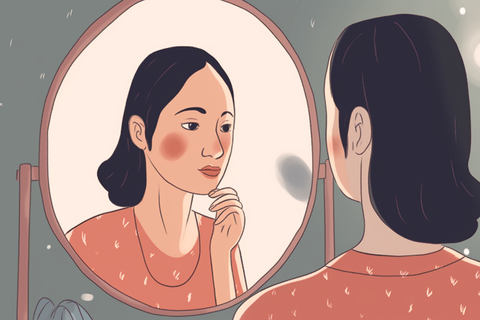
How does alcohol affect dental health?
August 05, 2021
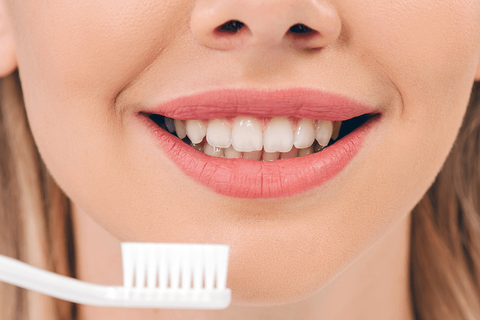
Does alcohol weaken immunity and make us more susceptible to illness?
April 06, 2021

Does alcohol cause depression and anxiety?
January 14, 2021
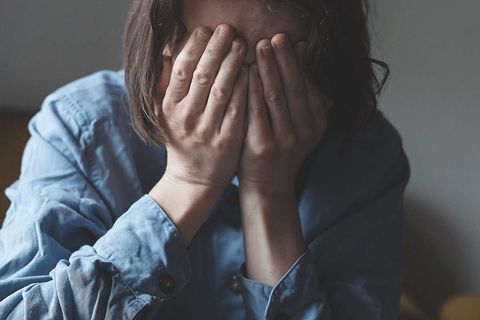
Why does alcohol make anxiety and depression worse?
January 14, 2021
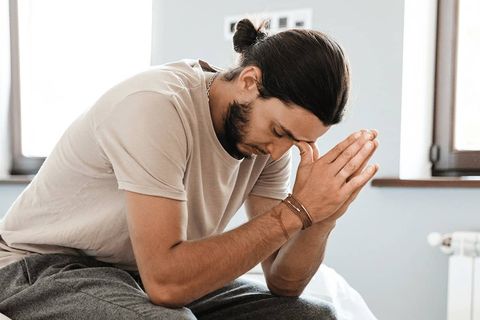
Does heavy drinking affect physical appearance?
March 14, 2017
